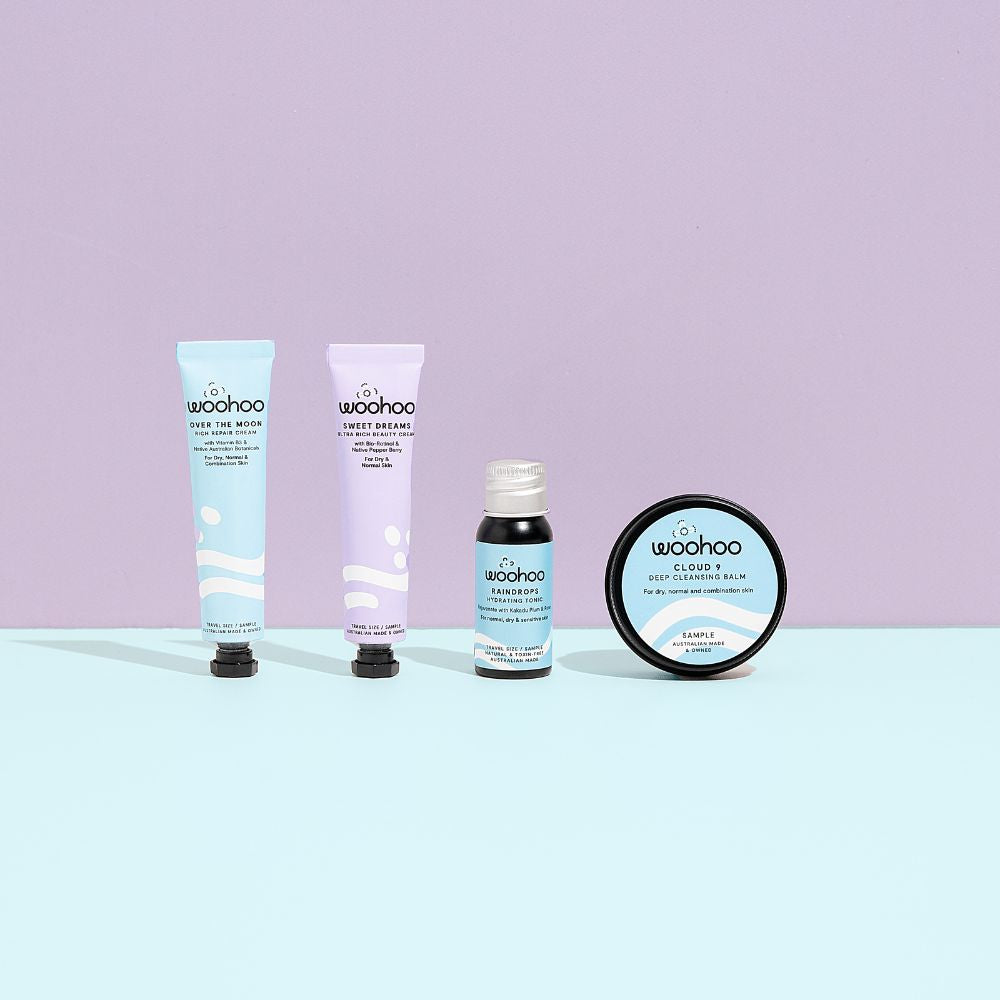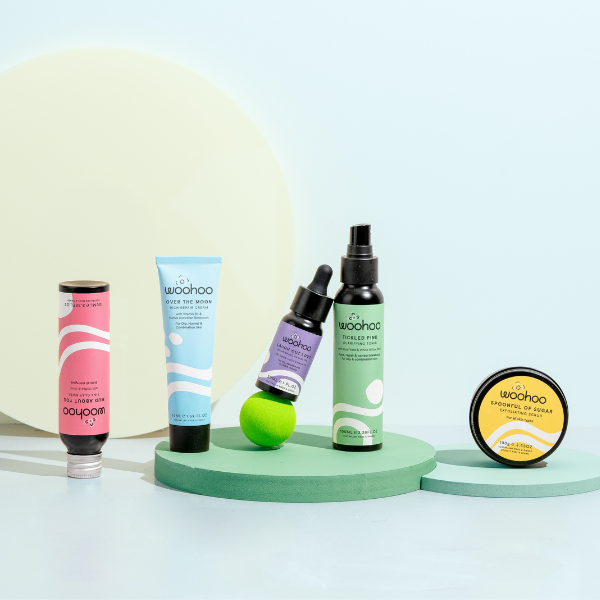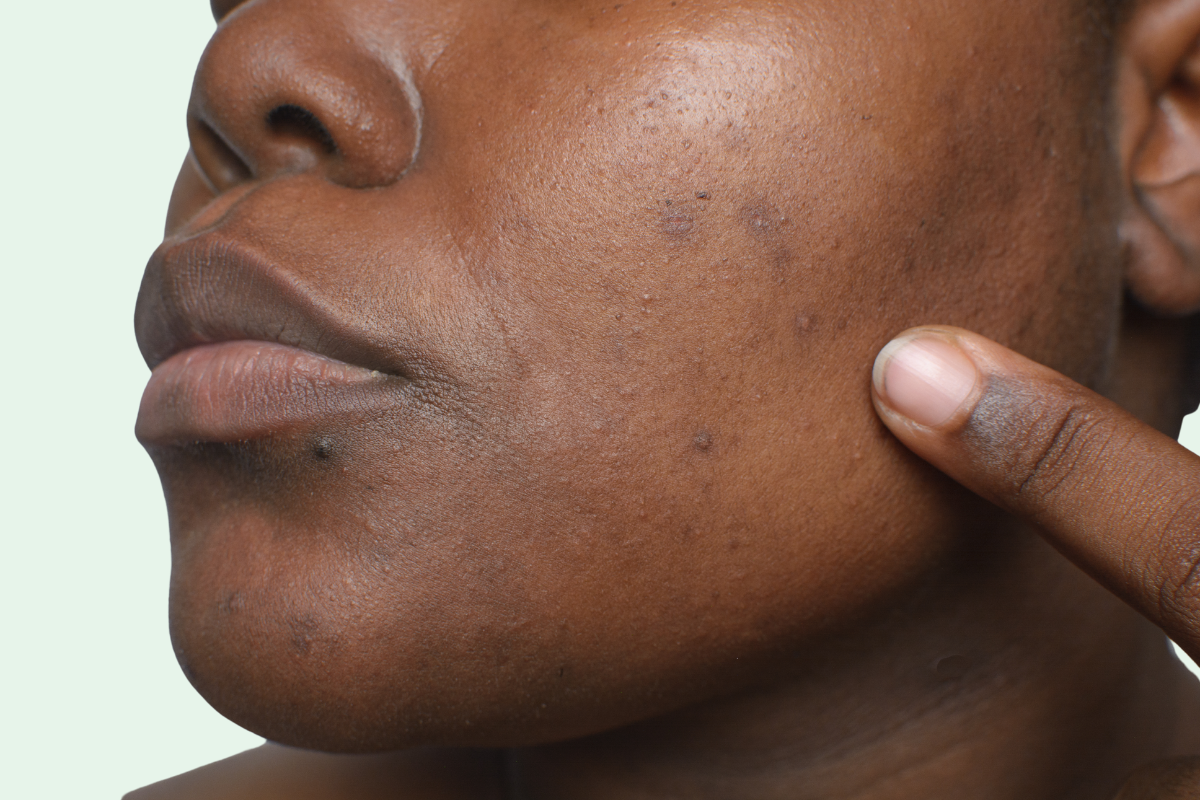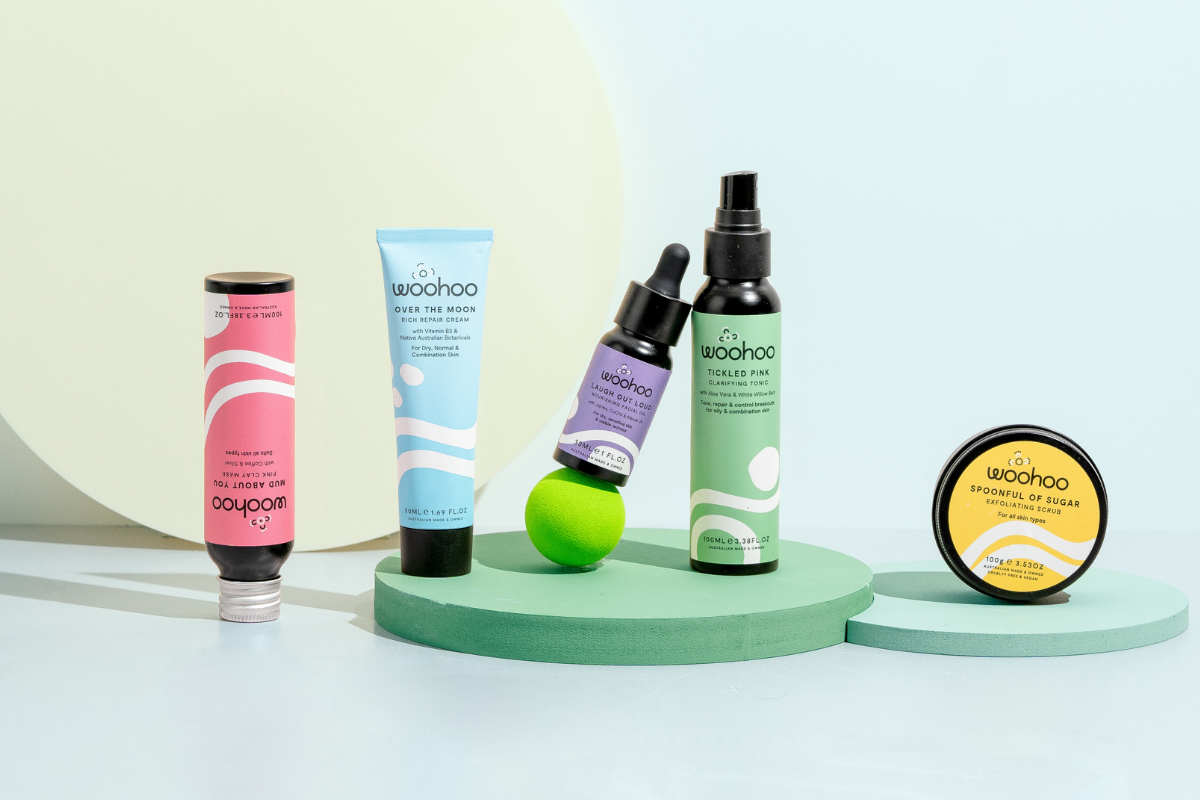
We don’t have much time to watch TV but when we do get a chance to sit down for some goggle box entertainment we don’t feel like watching ‘Monkeys make you Laugh’. So at our place we’re fans of streaming services, like Netflix.
But sitting down and binge watching the latest season of Suits or Game of Thrones is not doing your skin any favours (surely we’re not alone!?!) 
That is because flat screen TV’s give off something called HEV – High Energy Visible light.
What the bajeebus is HEV?
HEV is also known as blue light or Near UV as it sits near UVA and UVB on the light spectrum. And it might be as harmful as UVB and UVA (if your high school science is a bit rusty, these are the rays that come from the sun and cause you to get sunburnt).
There’s emerging evidence [1] that HEV light can penetrate into the deeper levels of the skin causing free radical damage. D’oh!
What does this mean for your skin? It’s not very good news we’re afraid. The damage can break down the collagen and elastin in your skin – these are the things you need to keep your skin looking like it did in your 20’s. Less collagen and elastin means more fines lines, wrinkles, dryness, pigmentation, sagging skin and inflammation.
It’s not just your TV
Don’t freak out – HEV Light is everywhere and it’s unavoidable BUT it’s not all bad 
HEV light is what makes the sky look blue and comes off reflective surfaces like snow, water, sand, concrete and glass. Natural HEV light is a good thing because it regulates your sleep cycles, boosts your alertness, and improves your moods and feelings of wellbeing.
The bad HEV light is the artificial kind. We live very screen-filled lives – computers, tablets, TV’s and smart phones are all increasing our exposure to artificial HEV light which is not so good.
It’s not just your skin
Apart from damaging your skin, artificial HEV light can also be harmful to your eyes (and relationships it would seem!!).
HEV light causes digital eyestrain and increases your chances of macular degeneration, glaucoma and other degenerative eye diseases.
On average we’re spending 46 hrs a week staring into TV and phone screens, and only 6hrs engaging with family and friends.
That is a sobering statistic and seems way out of balance to us.
How to reduce your exposure to HEV light
Blue light doesn’t have to be our enemy – because there is something we can do to reduce our exposure to artificial HEV light.
There are new safe computer screens, blue-blocker glasses and even HEV-blocking moisturisers.
These are all good fixes, but we think the best one is to get stuck into the core of the problem – we’re spending way too much time staring at our digital devices and it’s having a real impact on our physical, mental and social/relational health.
Sounds like a perfect reason to unplug and have a candlelit dinner for 2 when the kids are asleep. That’s what we’ll be doing tonight, and not just because it’s Phoebe’s birthday 
References:
- Dr Justine Hextall from The Harley Medical Group in London, the Daily Mail interview








